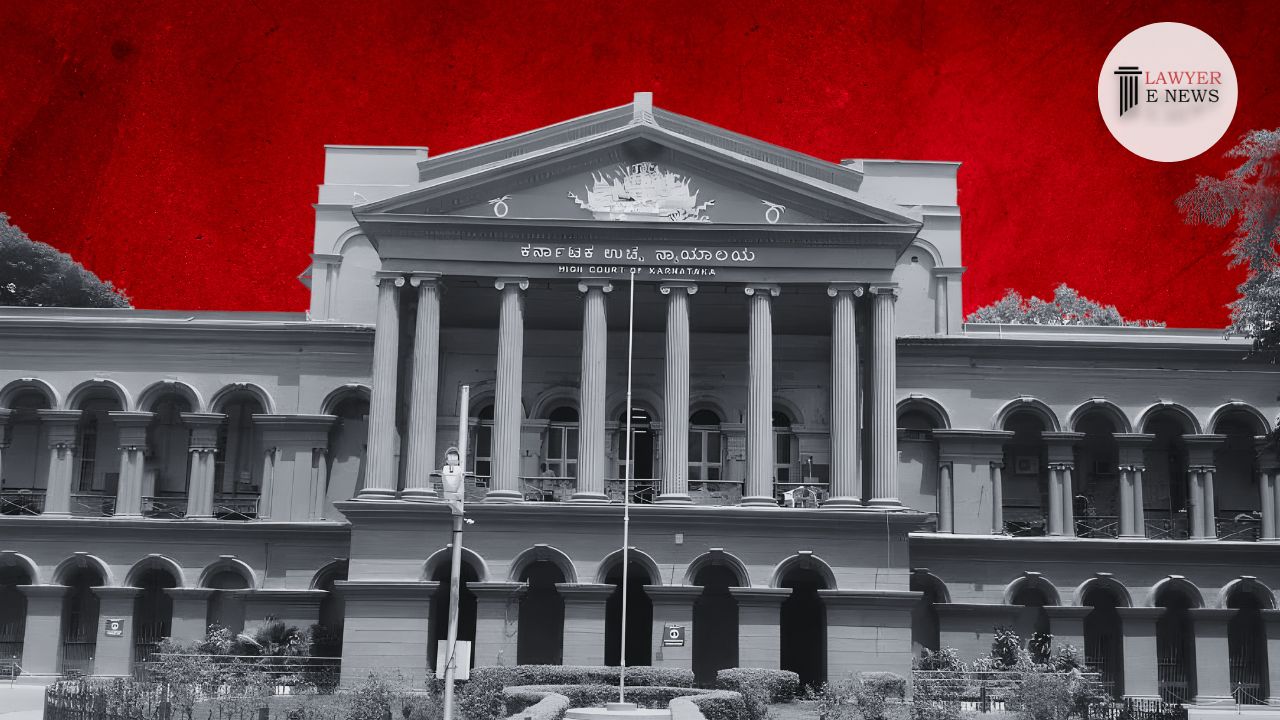-
by Admin
15 February 2026 5:35 AM



Justice K. Natarajan dismisses the challenge, reinforcing the judicial commitment to fair investigations over procedural formalities.
In a landmark judgment, the Karnataka High Court has affirmed the power of Magistrates to permit further investigations under Section 173(8) of the Code of Criminal Procedure (Cr.P.C.) even after charges have been framed and without notifying the accused. Justice K. Natarajan’s decision in Criminal Petition No. 9009 of 2021 emphasized the necessity of comprehensive and fair investigations, stating that the pursuit of justice must take precedence over procedural technicalities.
Magistrate’s Discretion: The High Court underscored the discretionary power of Magistrates to order further investigations to ensure a fair trial. The judgment highlighted, “The power of the Magistrate to direct further investigation cannot be inhibited by the procedural stage of the trial. It is imperative that the truth is uncovered, even if it necessitates delaying the trial.” The court cited precedents from the Supreme Court, which distinguished between further investigation and reinvestigation, thereby justifying the Magistrate’s order.
Fair Investigation and Justice: Justice Natarajan reiterated the Supreme Court’s stance that the primary aim of the criminal justice system is to ensure a thorough and fair investigation. Quoting from the judgment, “Ensuring a fair investigation is paramount, and procedural delays should not overshadow the quest for truth. The accused’s opportunity to be heard is not a mandatory requirement for ordering further investigation.”
The court extensively discussed the legal provisions and precedents that allow Magistrates to order further investigation. Referring to the Supreme Court’s decision in Vinubhai Haribhai Malaviya and Ors. V. State of Gujarat and Anr. And other cases, Justice Natarajan emphasized that the objective of further investigation is to rectify any shortcomings in the initial probe. “Section 173(8) of Cr.P.C. permits the police to conduct further investigations even after the court has taken cognizance based on the initial charge sheet,” the court noted.
Justice Natarajan remarked, “The law does not obligate the Magistrate to notify the accused before directing further investigation. To do so would encumber the judicial process and hinder the pursuit of justice.”
The Karnataka High Court’s dismissal of the petition underscores the judiciary’s commitment to thorough and fair investigations in criminal cases. By affirming the lower court’s order for further investigation, the judgment reinforces the legal framework that prioritizes uncovering the truth over strict adherence to procedural timelines. This ruling is expected to have significant implications for future cases, ensuring that justice is not compromised by procedural constraints.
Date of Decision: 31st May 2024
Annegowda v. The State by Yeshvanthapura Police Station & Ors.
